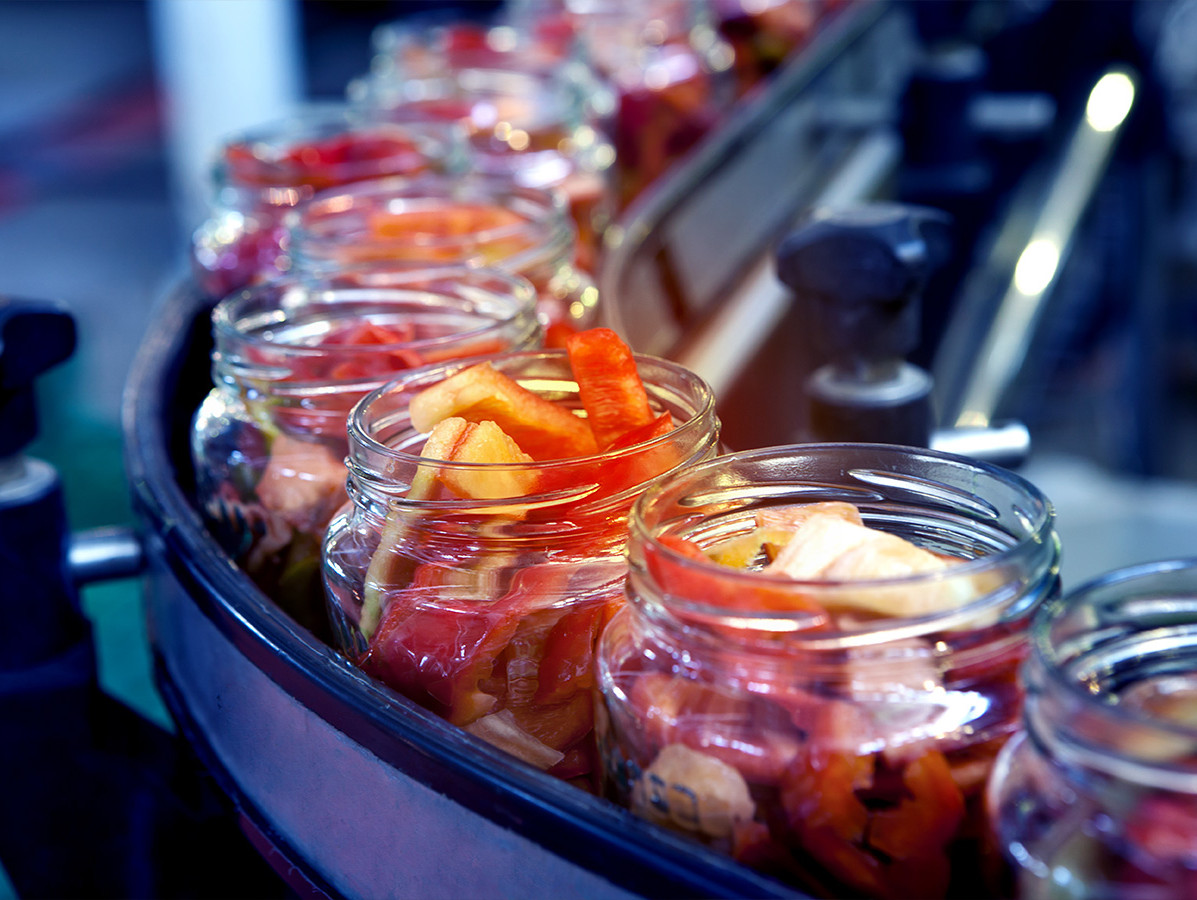
An accumulation of higher costs at various links in the chain is causing a historic increase in output prices in the food industry. In the coming period, some of these costs are expected to decrease slightly. For instance, container transport costs are already falling and world prices for agricultural commodities are also decreasing. However, both cost items will remain at high levels for the time being.
Although costs have been rising for some time, a CBS survey shows that many entrepreneurs are able to pass on at least part of their costs in sales prices. However, that group has become smaller since the first quarter of this year. For instance, in the first quarter of this year, about 50 per cent of entrepreneurs said they could still pass on most of their higher costs; in the third quarter of the year, this share had fallen to 44 per cent. This puts further pressure on already low margins in the sector and limits budgets for innovation and sustainability, for example.
Of course, the scope for passing on higher costs to the next link in the chain differs from company to company. For instance, the position in a production chain can play a role in bargaining power. When a single company largely supplies the shelves of a supermarket, supermarkets have few fallback options. The supplier's bargaining power is then strong. In addition, there are companies that supply very specific products that a supermarket cannot do without. These are often branded products to which consumers are attached and have a permanent place in the shopping basket. The relationship between supplier and supermarkets is subject to change due to the exceptional situation companies now find themselves in. The trend towards more short-term contracts where prices can be adjusted in between continues.
In particular, smaller food producers, such as local beer brewers and bakers, are struggling with higher costs. However, more companies are likely to struggle to pass on higher costs. This is because more fixed energy contracts are expiring in the coming period, while energy prices remain high. In addition, due to their lower purchasing power, consumers will be more critical about where and on what they spend their money in the coming period. As a result, passing on higher costs comes up against the limits of what consumers can afford. It requires suppliers more than ever to understand the cost price per product, customer or sales channel.
Source: ABN AMRO